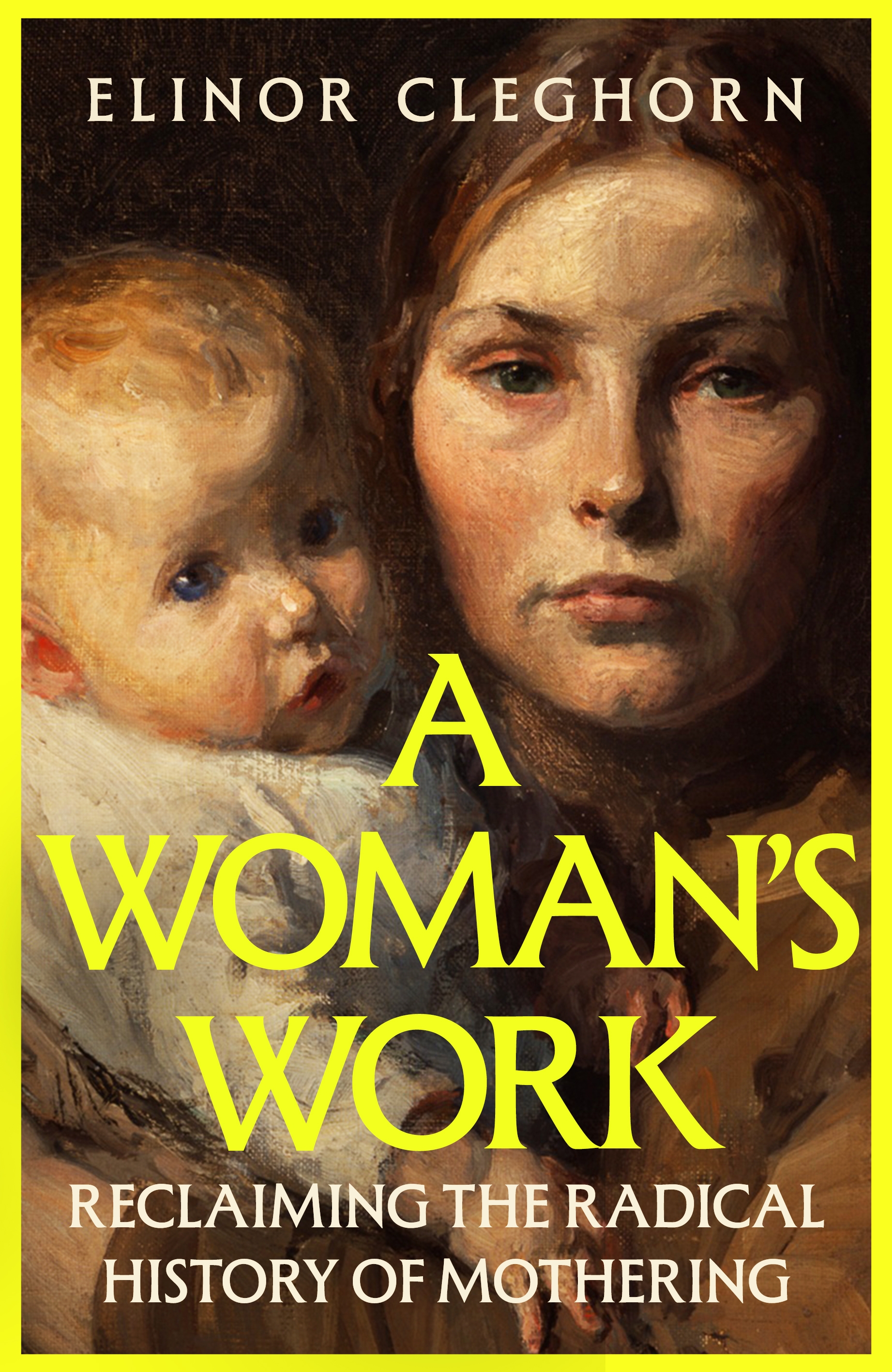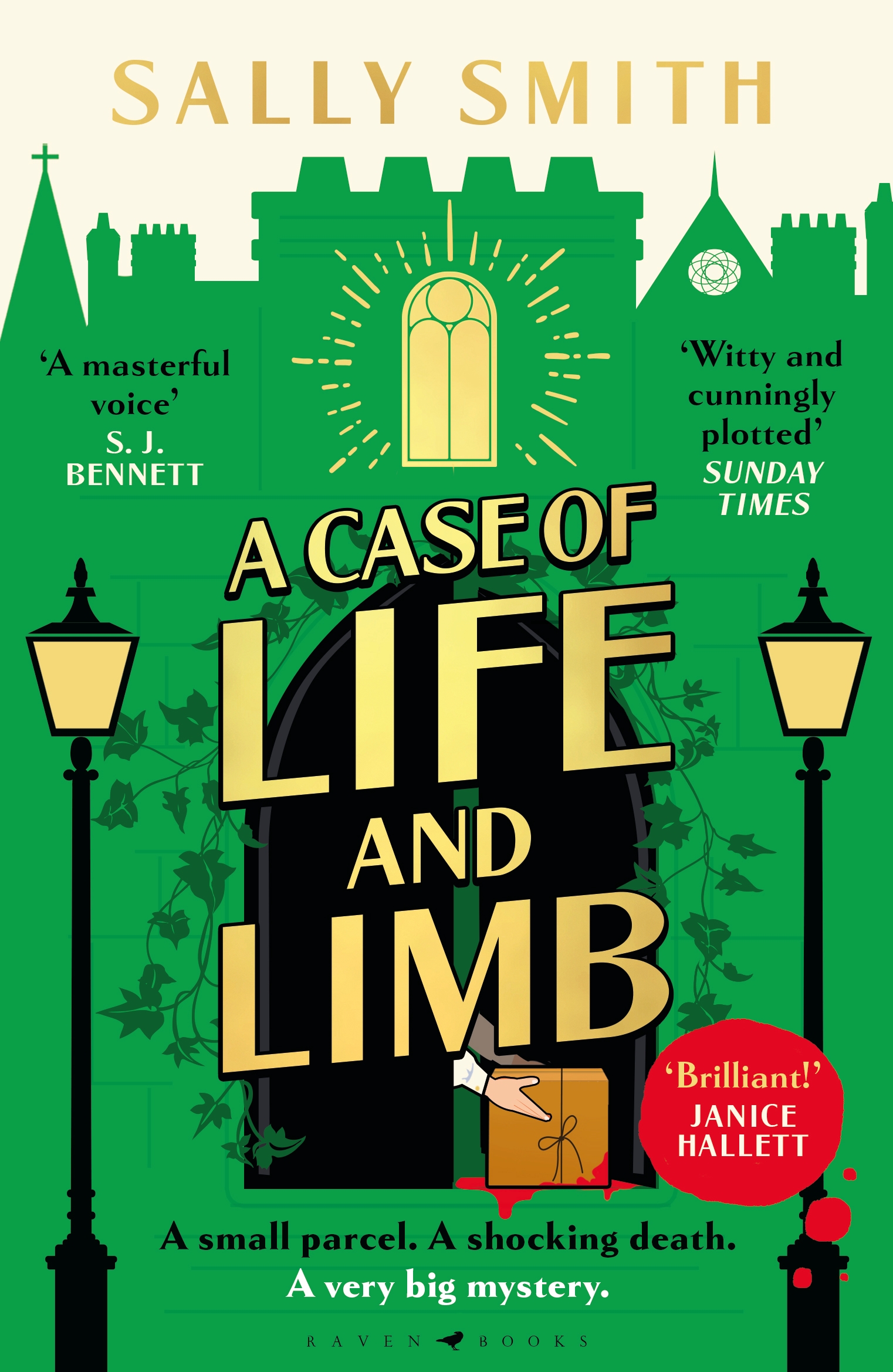Trading Futures

As seen:
By Jim Powell
avg rating
1 review
‘With his gallows humour and observational wit, Jim Powell gives us a vivid portrait of a man in meltdown.’ Daily Mail
When I was small, my mother showed me how to grow a carrot from a carrot. She filled a jam jar with water, cut the top off a carrot, ran a cocktail stick horizontally through the stub and suspended it over the jar, just touching the water. In time, roots sprouted, and when they were long enough and strong enough, the plant was translated to the garden and new carrots grew. This was one of the many exciting ways in which I was prepared for adult life.
This is Matthew Oxenhay at sixty: a stranger to his wife, an embarrassment to his children, and failed former contender for the top job at his City firm. Seizing on his birthday party as an opportunity to deliver some rather crushing home truths to his assembled loved ones, it seems as though Matthew might have hit rock bottom. The truth, however, is that he has some way to go yet . . .
With forensic precision and mordant wit, Matthew unpicks the threads that bind him: a comfortable home in the suburbs, a career spent trading futures and a life that bears little resemblance to the one he imagined for himself at twenty. When he unexpectedly bumps into Anna (the one who got away), the stage is set for an epic unravelling.
Darkly funny, Trading Futures forces us to confront how change, like death, is an inevitable fact of life: feared by most, it can transform or overwhelm us. This is a brilliantly observed novel, for fans of works such as John Lanchester’s Mr Phillips and On Chesil Beach by Ian McEwan.
It also featured as Radio 4’s Book at Bedtime.
TweetReviews
St Just Thursday Evening Reading Group 11th July 2024.
Trading futures. Jim Powell.
Some readers said they loved this book, saying they found it poignant, sad, and very real. Others thought it uninteresting, narrated by someone who was tediously obsessed with himself.
We discussed whether or not it was apparent from the beginning of the book that Matthew had a mental health problem: some thought yes, and that these problems were creeping up on him gradually (he had no friends, drank too much, was affected by his brother’s suicide, and was in a vulnerable position); others thought no, that (at first) he was just a man who had been trapped in an over-specialised job for all of his career and was now about to retire and kick over the traces in a slightly silly way.
The idea of Matthew conducting his private life on the basis of futures trading, we thought, made for a clever title and was in interesting idea, but really, it meant that he was basically unable to take responsibility for his life and resorted to betting instead – not a very healthy way to proceed.
We talked about Matthew’s wife and their respective domestic roles. Matthew obviously had been doing a high-powered job, not the one he had ever imagined for himself or really wanted, but which he was good at and which ensured a nice lifestyle. But it also defined his personality to an unreasonable extent, so that on being made redundant he was left high and dry. His wife backed Matthew up, understanding his problems and contacting his boss to make sure he had an office and somewhere to pretend to work, tracking his movements and offering assistance with his mental health even after she knew he had been having an affair. But did this in fact contribute to Matthew’s powerlessness?
What was the point about the ‘wrong Anna’? Readers thought this ‘sweet’ and also ‘irritating’, somewhat enigmatic, and wondered whether perhaps she was not a real person but an imaginary one.
Matthew’s intervening in the local pub game intrigued us, and impressed us with Matthew’s cleverness. It served to demonstrate Matthew’s over-specialisation of mind.
The issue of Matthew’s brother’s suicide, we thought, was perhaps a red herring and this element might have been better left out.
One reader mentioned that this narrative would do well as a stage-play, where Matthew would be seen getting more and more despairing as his mid-life crisis gave way to a nervous breakdown.
Several readers thought that the first half of the book was better than the second; in the first, Matthew’s problems are more easily relatable, even humorous, whilst in the second his mental state becomes abnormal and the reader is less able to connect with him as a character.
We speculated upon Matthew’s personality, on the issues the book raises about people’s jobs and careers and what happens when they lose them, about mid-life crises, and the nature of mental illness. Plenty to discuss, it seems!






